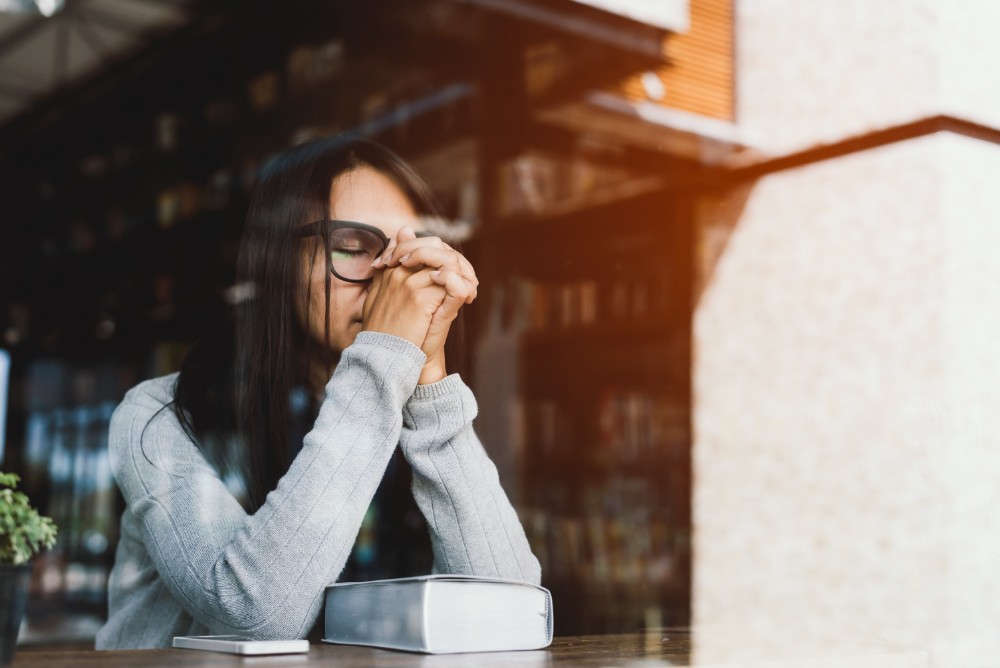
For those of us struggling with addiction, our relationship with religion can be complex and can either support our goals of sobriety or derail our progress as we go. How we worship, how we relate to our higher power, and the connection we have with it are all personal choices that we make for ourselves. For many of us, our religion gives us a strong foundation of feeling supported, nurtured, guided and protected as we move through our lives. Our religion helps us to feel strengthened as we battle our inner demons and face our many obstacles. Our faith gives us the fortitude we need to pass the spiritual tests in our lives that manifest as addiction, depression and other mental illnesses. Our connection to our religion reminds us we can get through the many trials that arise, our sadness and fear, the temptation of our addictive urges.
For others of us, on the other hand, we view religion as an unwelcome obligation rather than as a blessing, a privilege and a responsibility. We feel worse about ourselves when we don’t live up the standards and expectations we associate with our religion. We see our higher power as condemning us for our mistakes and wrongdoings, and when we’re feeling ashamed and desperate for forgiveness, believing our higher power has turned its back on us feels like a mighty blow. We become even more depressed. We might turn to our drugs of choice for comfort, solace and relief. For some of us, our religion compounds our feelings of guilt, and we deny ourselves forgiveness, compassion and understanding. We deprive ourselves of the chance to move forward. In these ways, religion can actually do us a disservice as we’re trying to recover.
When recovering from addiction and mental illness, we need all the love and support we can get. We need to feel as though we’re receiving unconditional love, from our higher power, from the other people in our lives, and from ourselves. When the way we view religion makes us feel worse about ourselves, when we feel inundated with condemnation and shame, we’re less likely to feel strong enough to stay sober. We’re more likely to get off course with our recovery goals. We’re more likely to fall back into patterns of self-sabotage, and we’re more likely to suffer from low self-esteem and feelings of self-hatred. Examining how religion functions in our lives, looking at whether it’s helping or harming us, can help us address our needs and empower ourselves to heal as we’re working to recover.
At The Guest House Ocala, our recovery programs include many experiential modalities including traditional therapy, conscious connected breathwork, equine therapy, somatic experiencing, art in healing, grief therapy, mindfulness and other forms of therapy. Call 855-483-7800 today for more information.